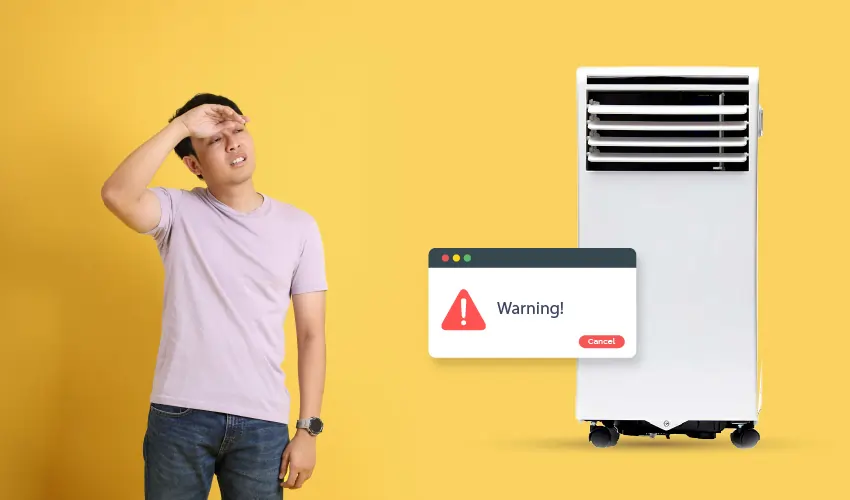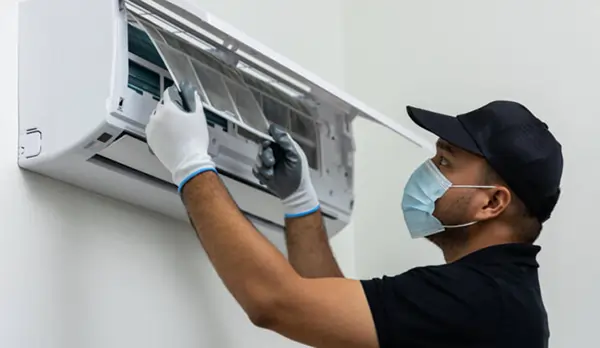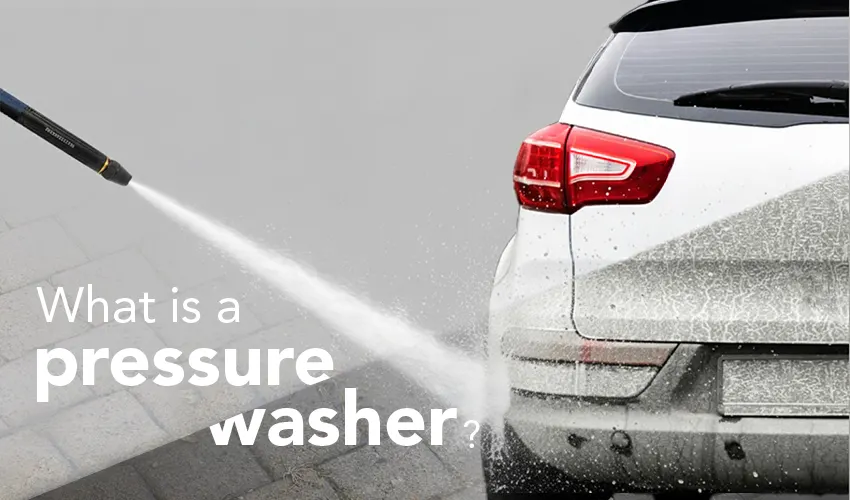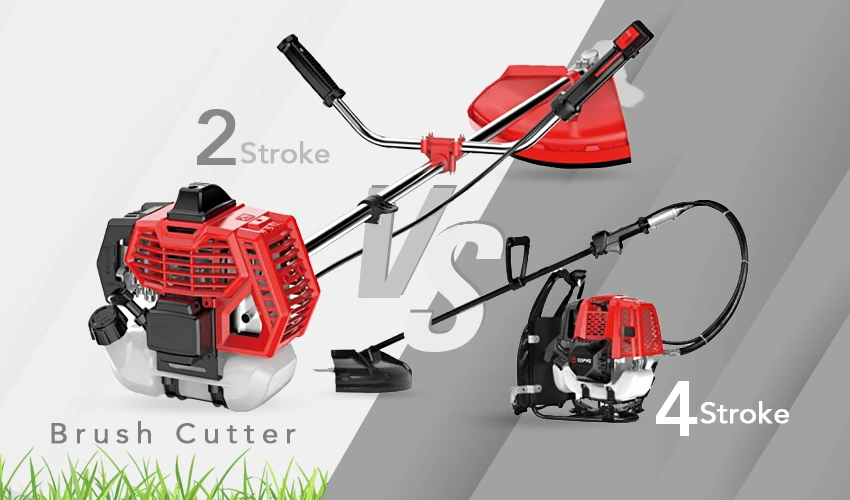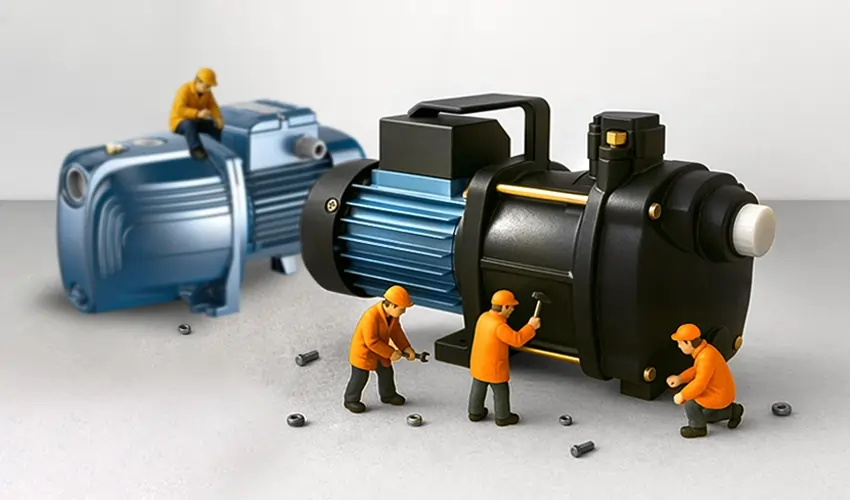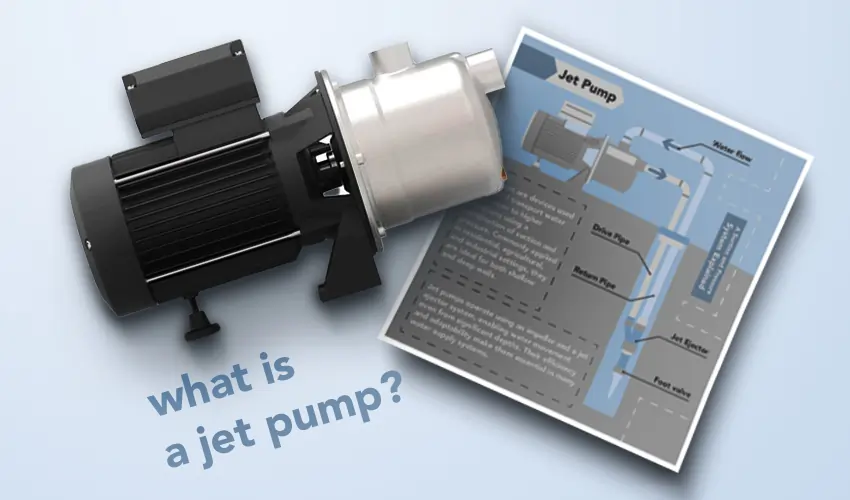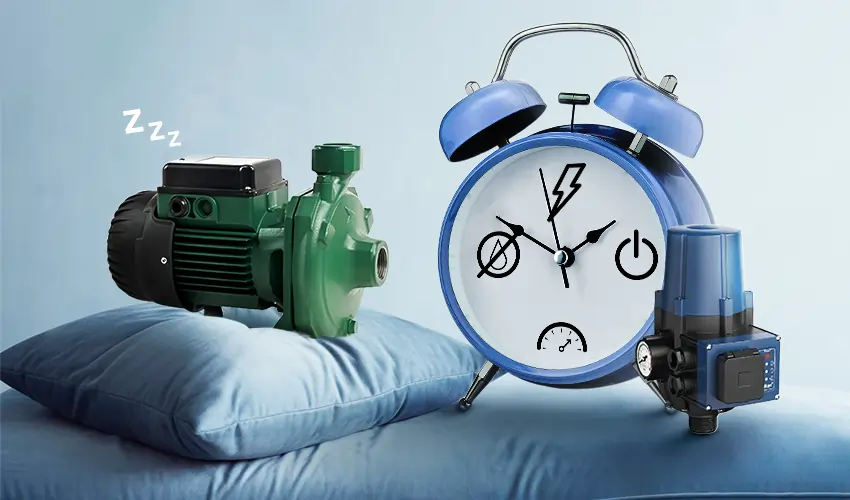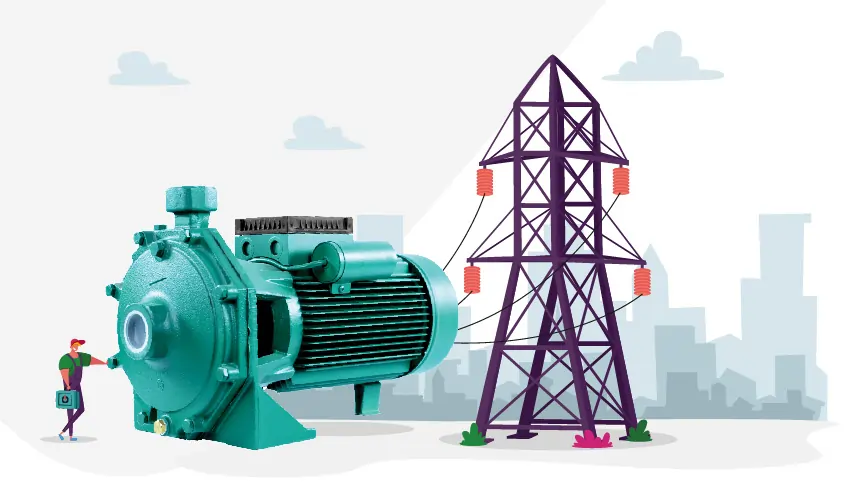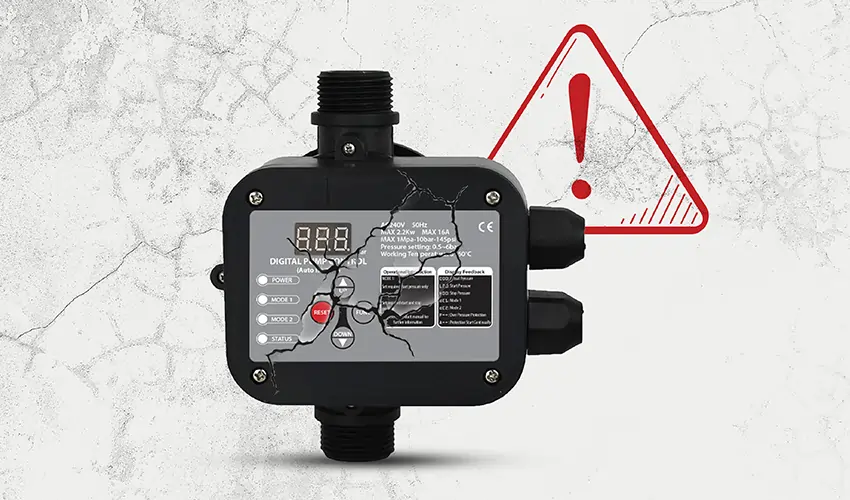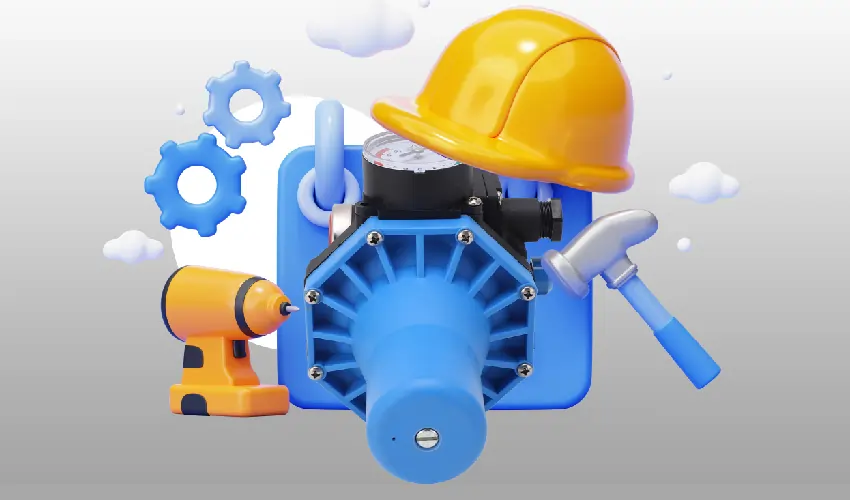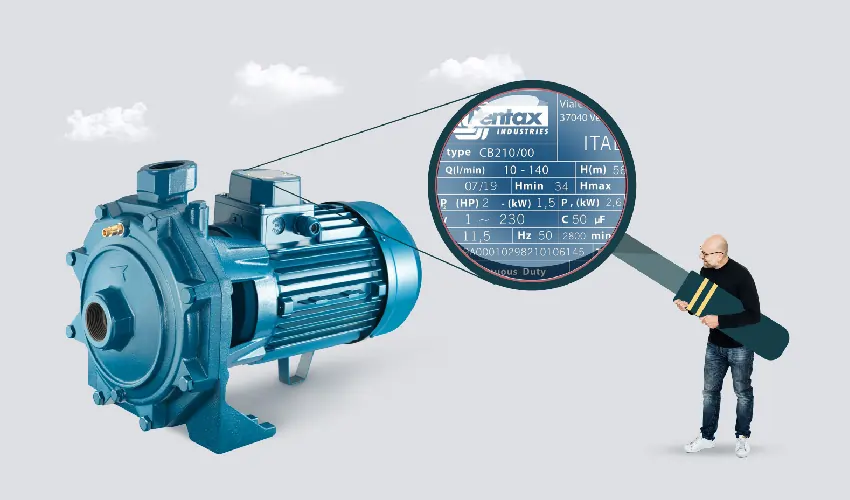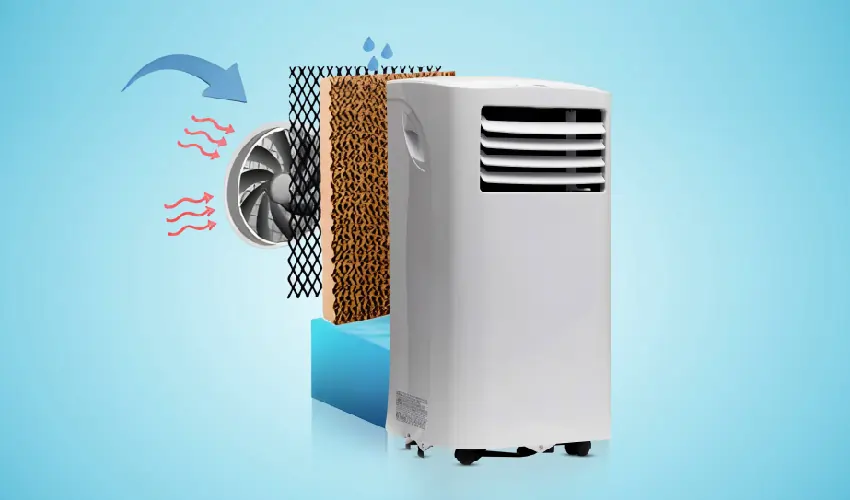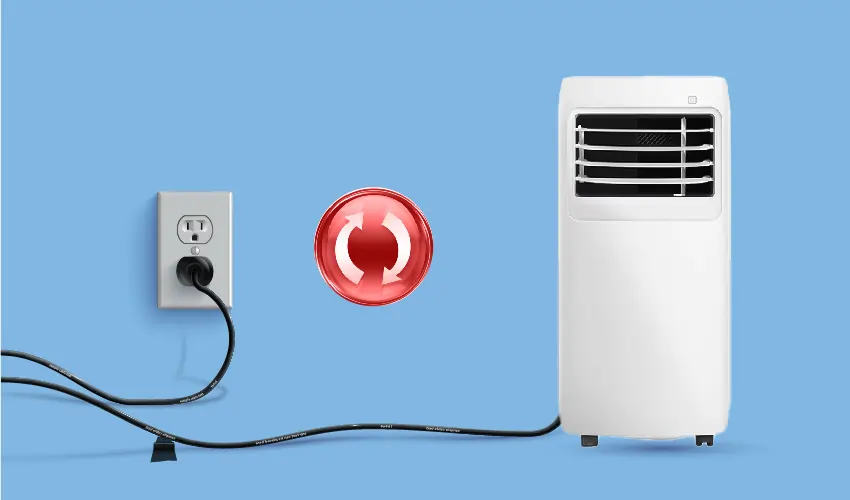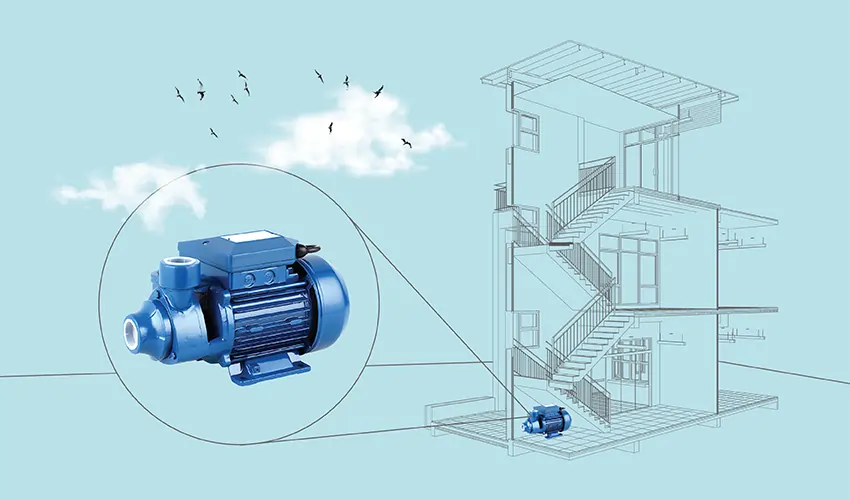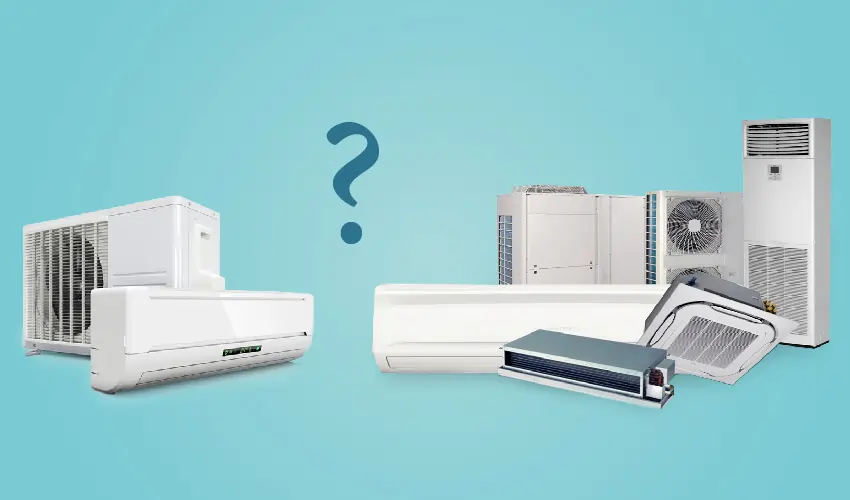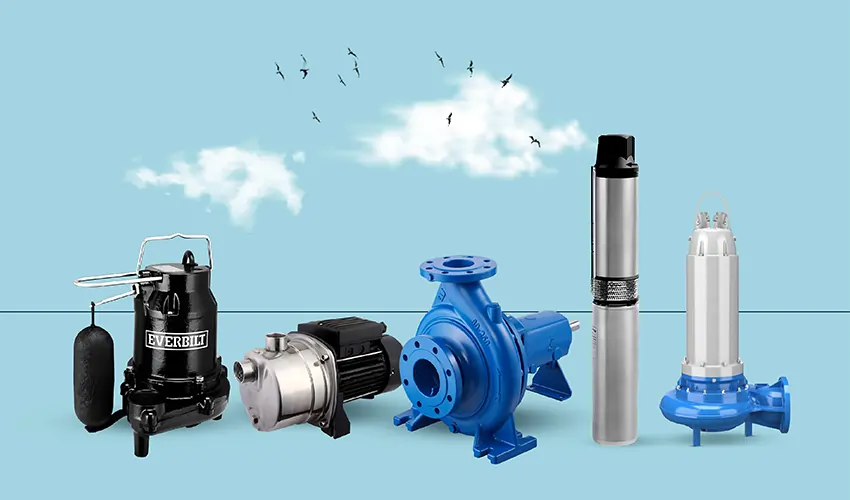Reasons for not Cooling the Air Conditioner
There could be several reasons why your portable air conditioner not cooling properly:
Dirty Cooling Coils: The cooling coils in your air conditioner are responsible for absorbing heat from your home’s air. If these coils are dirty, they won’t be able to absorb heat effectively, which can lead to your air conditioner not cooling your home properly.
Refrigerant Leak: Refrigerant is the substance that your air conditioner uses to remove heat from the air inside your home. If there’s a leak in the system and you’re low on refrigerant, your air conditioner won’t be able to remove heat effectively.
Blocked Condenser Unit: The condenser unit is part of the outdoor unit of your air conditioner. It’s responsible for expelling the heat removed from your home’s air to the outside. If the condenser unit is blocked or clogged, it won’t be able to expel this heat effectively, which can lead to your air conditioner not cooling your home properly.
Dirty Air Filter: The air filter in your air conditioner is responsible for removing particulates from the air before it’s cooled and circulated back into your home. If the air filter is dirty or clogged, it can restrict airflow, which can lead to your air conditioner not cooling your home properly.
Compressor Problems: The compressor in your air conditioner is responsible for circulating refrigerant through the system. If the compressor isn’t working properly, it can lead to problems with the refrigerant circulation, which can affect the cooling process.
Old System: As air conditioners age, they can become less efficient at cooling your home. This can be due to wear and tear on the system, outdated technology, or a number of other factors.
Improper Thermostat Settings: If your thermostat isn’t set to the correct temperature or mode, it can lead to your air conditioner not cooling your home properly. For example, if your thermostat is set to ‘heat’ mode instead of ‘cool’ mode, or if the temperature is set too high, your air conditioner may not cool your home to the desired temperature.
How to Fix a Portable AC That Is Not Cooling?
A portable AC that isn’t cooling can be frustrating, but it’s usually a simple fix. Here’s a step-by-step guide to diagnose and resolve the problem of not cooling the air conditioner:
1. Check the Basics:
Power: Ensure the AC is plugged in and the power switch is turned on. Check the circuit breaker to make sure it hasn’t tripped.
Filters: Dirty filters restrict airflow, hindering cooling. Clean or replace them according to the manufacturer’s instructions.
Exhaust Hose: The exhaust hose should be properly connected and extend out of a window or door. Ensure there are no kinks or obstructions in the hose.
Room Temperature: The AC might not be able to cool the room effectively if the ambient temperature is too high. Consider using fans or other cooling methods to lower the room temperature before turning on the AC.
2. Check the Refrigerant:
Low Refrigerant: If the AC is old or has been leaking, it might have low refrigerant. This requires professional service to recharge the system.
Refrigerant Leak: A refrigerant leak can be difficult to detect but may cause a lack of cooling. If you suspect a leak, contact a qualified technician.
3. Check the Compressor:
Compressor Failure: A faulty compressor is a serious issue and will require professional repair or replacement. Listen for unusual noises like grinding or rattling.
4. Check the Fan:
Fan Malfunction: A malfunctioning fan can prevent proper airflow and cooling. Check if the fan is spinning. If not, it may need to be repaired or replaced.
5. Check the Thermostat:
Thermostat Setting: Ensure the thermostat is set to a temperature lower than the current room temperature.
Thermostat Malfunction: A faulty thermostat might not be registering the correct temperature, preventing the AC from turning on.
6. Check the Condenser:
Dirty Condenser: A dirty condenser coil can restrict airflow and reduce cooling efficiency. Clean it with a vacuum cleaner or a brush.
7. Check the Evaporator:
Frozen Evaporator: A frozen evaporator coil can occur due to low refrigerant or a blocked air filter. This will prevent the AC from cooling effectively. Defrost the evaporator coil by turning off the AC and allowing it to thaw.
8. Check for Electrical Issues:
Wiring Problems: Loose connections or faulty wiring can prevent the AC from working properly. Consult a qualified electrician if you suspect electrical issues.
9. Check for Other Issues:
Window Seal: If the window seal is not airtight, hot air can leak into the room, reducing the effectiveness of the AC.
Room Size: The AC might be too small for the room size.
How do I fix my air conditioner not blowing cold?
Here are some steps you can take to troubleshoot and possibly fix your air conditioner if portable ac not cooling room:
Check the Thermostat Settings: Make sure your thermostat is set to “cool” and the temperature is set lower than the current room temperature.
Change the Air Filter: If your air filter is dirty, it can restrict airflow and reduce the system’s cooling capacity. Replace the filter if it’s dirty.
Check for Blocked Returns: Your air conditioning system has vents, called “returns,” that pull in air to circulate back to the air conditioning unit. Make sure nothing is blocking these returns.
Open Interior Doors: If your AC is blowing cold air but some rooms are still hot, it could be a circulation problem. Try opening all of the interior doors to improve air circulation.
Check the Power Supply: During a power outage, if the power has gone off and on several times, you may need to reset the breaker that controls your central air conditioning unit.
Inspect the Outdoor Unit: Check the outdoor unit and fan for debris and damage. If the unit is dirty, clean it carefully.
Check the Refrigerant Levels: Low refrigerant levels can lead to your AC not cooling properly. This is something that should be checked by a professional.
How can We Avoid the Problem of not Cooling the Air Conditioner
To avoid the problem of your air conditioner not cooling, you can follow these preventative measures:
Change Air Filters Regularly: Air filters trap dust, pollen, and other airborne particles as air moves through the air conditioning system. Air filters contribute to both reliable air conditioner operation and health, so we can keep our homes cleaner and healthier by keeping them clean. When filters get clogged, the system has to work harder to compensate. Replacing them regularly ensures the system can function optimally.
Inspect Your Ductwork for Damage: Damaged or leaky ductwork can allow cooled air to escape before it reaches your living spaces. This not only makes your air conditioner less efficient but also makes it work harder to cool your home. Regular inspections can help identify potential problems early.
Install a Smart Thermostat: Smart thermostats allow you to program temperature settings based on the times you are home, creating an efficient cooling schedule. Some models can even learn your habits and adjust automatically to optimize energy usage.
Keep the Outdoor (Condenser) Unit Clean: The outdoor unit of your air conditioner needs plenty of airflow to work correctly. If it’s surrounded by high grass, debris, or other obstructions, it won’t be able to dissipate heat effectively, which can lead to inefficiency and breakdowns.
Schedule Routine AC Maintenance: Just like a car, an air conditioner needs regular tune-ups to run properly. An annual maintenance visit from a licensed technician can keep your system running at peak efficiency and identify potential problems before they become costly breakdowns. Regular maintenance can extend the life of your air conditioner and prevent the need for expensive repairs or a premature replacement.
Conclusion
In this article we discuss about portable air conditioner not blowing cold. In conclusion, if an air conditioner is not cooling, it could be due to a variety of reasons such as a dirty filter, low refrigerant levels, a malfunctioning thermostat, or a mechanical issue with the unit itself. It’s essential to regularly maintain and service the air conditioner to ensure its optimal performance. If the unit is not cooling despite proper maintenance, it’s advisable to seek professional help to diagnose and fix the issue. Ignoring these problems could lead to higher energy consumption, decreased lifespan of the unit, and an uncomfortable indoor environment.

